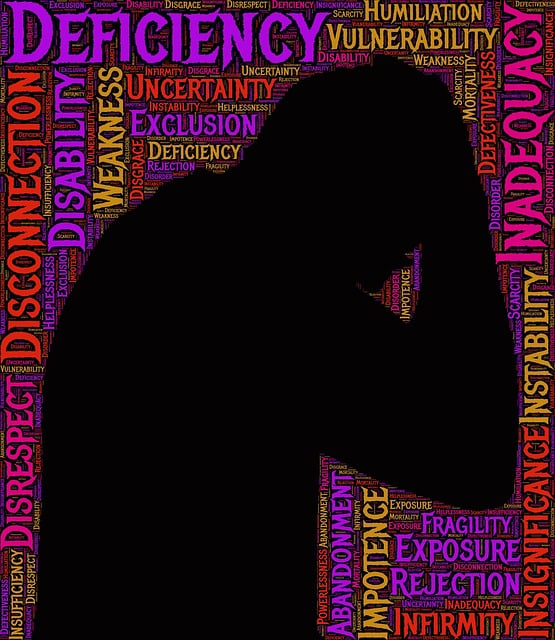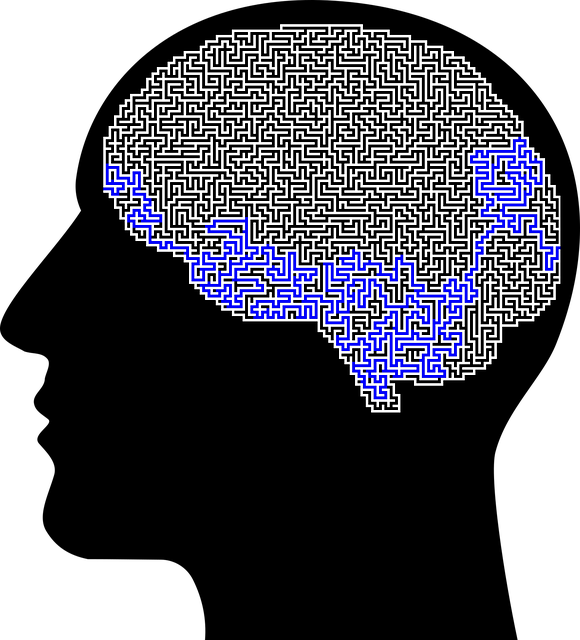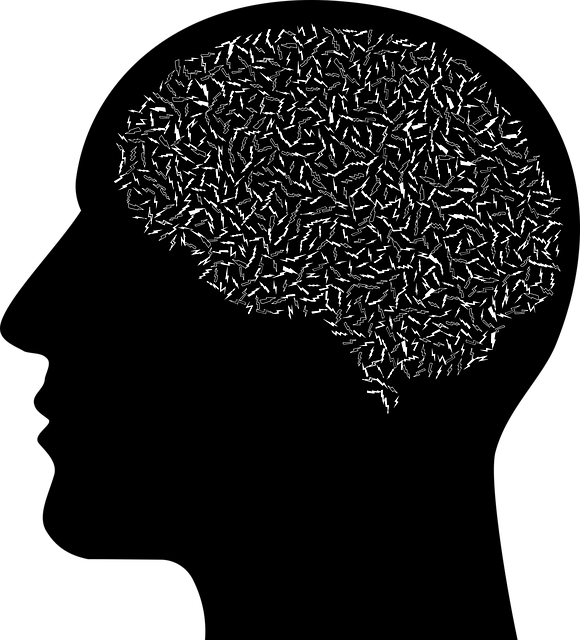Louisville Divorce Therapy offers a comprehensive approach to managing moods during and after divorce, navigating complex emotions via integrated techniques like Social Skills Training, Trauma Support, and Burnout Prevention. Their evidence-based methods, including cognitive techniques and cultural sensitivity, foster resilience, adaptability, and emotional stability. Post-divorce, lifestyle changes and specialized counseling sessions support a smoother transition, enhancing well-being through risk management, burnout prevention, and effective coping mechanisms.
Mood regulation strategies are essential tools for navigating the complexities of divorce. Understanding emotional balance is the first step towards healing. Louisville Divorce Therapy offers a unique, supportive approach, empowering individuals to manage their moods effectively. This article explores various techniques, from cognitive strategies to lifestyle changes, providing practical insights for post-divorce emotional stability. By implementing these tactics, individuals can find solace and reclaim their sense of self in the aftermath of divorce.
- Understanding Mood Regulation: Unraveling Emotional Balance
- Louisville Divorce Therapy: A Supportive Approach to Managing Moods
- Cognitive Techniques for Effective Mood Regulation
- Lifestyle Changes: Nurturing Emotional Stability Post-Divorce
Understanding Mood Regulation: Unraveling Emotional Balance

Understanding Mood Regulation involves delving into the intricate balance of our emotions and mental state. It’s akin to navigating a complex labyrinth where each turn represents a different emotional landscape. In the context of Louisville Divorce Therapy, this becomes particularly crucial as individuals often grapple with profound shifts in mood during and after significant life transitions like divorce. The goal is not just to manage these moods but to gain insight into their underlying causes, thereby fostering resilience and adaptability.
Social Skills Training, Trauma Support Services, and Burnout Prevention Strategies for Healthcare Providers are all integral components of this process. By integrating these approaches, individuals can enhance their emotional intelligence, learn coping mechanisms tailored to their unique experiences, and ultimately achieve a more stable emotional equilibrium. This journey towards emotional balance is transformative, helping folks not just survive but thrive amidst life’s challenges.
Louisville Divorce Therapy: A Supportive Approach to Managing Moods

Louisville Divorce Therapy offers a unique and supportive approach to managing moods during and after divorce. This specialized form of therapy goes beyond traditional coping strategies by addressing the emotional turmoil often associated with separating, especially when children are involved. The therapists at Louisville Divorce Therapy understand that navigating a divorce can be a complex process, filled with intense emotions. They provide a safe space for individuals and families to express their feelings, offering evidence-based techniques tailored to each client’s specific needs.
One of the key aspects is fostering resilience building through coping skills development. By participating in sessions, clients learn effective methods to regulate moods, manage stress, and cope with the challenges that arise during this life transition. Additionally, Louisville Divorce Therapy includes Mental Illness Stigma Reduction Efforts, ensuring individuals feel empowered to seek support without fear of judgment. This holistic approach enables clients to not only survive but thrive amidst personal changes.
Cognitive Techniques for Effective Mood Regulation

Cognitive Techniques for Effective Mood Regulation play a pivotal role in Louisville Divorce Therapy, offering powerful tools to navigate and manage emotional landscapes. By focusing on thoughts and beliefs, individuals can challenge negative patterns and replace them with more adaptive ones. This process involves identifying distorted thinking, such as all-or-nothing reasoning or catastrophizing, and reframing these thoughts to promote a more balanced perspective. Techniques like cognitive restructuring and mindfulness meditation help in achieving this balance, fostering emotional healing processes and anxiety relief.
In the context of Cultural Sensitivity in Mental Healthcare Practice, understanding the impact of cultural backgrounds on cognition is essential. Different cultures may hold varying beliefs about emotions and mental health, influencing how individuals express and cope with them. Louisville Divorce Therapy practitioners must be adept at tailoring cognitive techniques to respect and integrate these cultural nuances, ensuring that emotional healing processes are inclusive and effective for diverse populations. This approach not only enhances therapy outcomes but also strengthens the bond between therapist and client.
Lifestyle Changes: Nurturing Emotional Stability Post-Divorce

After a divorce, adjusting to life as a single individual can be emotionally taxing. This transition period requires individuals to adopt lifestyle changes that foster emotional stability. Engaging in regular physical activity, maintaining a balanced diet, and prioritizing quality sleep are essential components of this process. These habits not only promote overall well-being but also serve as effective mood regulation strategies.
Additionally, incorporating practices such as mindfulness meditation or journaling can help individuals process their emotions and cultivate positive thinking. Louisville Divorce Therapy offers specialized support for those navigating post-divorce challenges. Through counseling sessions, individuals learn risk management planning for mental health professionals, burnout prevention strategies for healthcare providers, and effective coping mechanisms to enhance emotional resilience. Embracing these lifestyle changes and seeking professional guidance can significantly contribute to a smoother transition and improved emotional stability.
In navigating the complexities of post-divorce emotional well-being, a multifaceted approach proves indispensable. By understanding mood regulation and employing strategies like cognitive techniques and lifestyle changes, individuals can achieve greater emotional stability. Furthermore, seeking professional support, such as Louisville Divorce Therapy, offers a safe space to manage moods effectively, fostering a journey towards holistic healing and balanced living.














